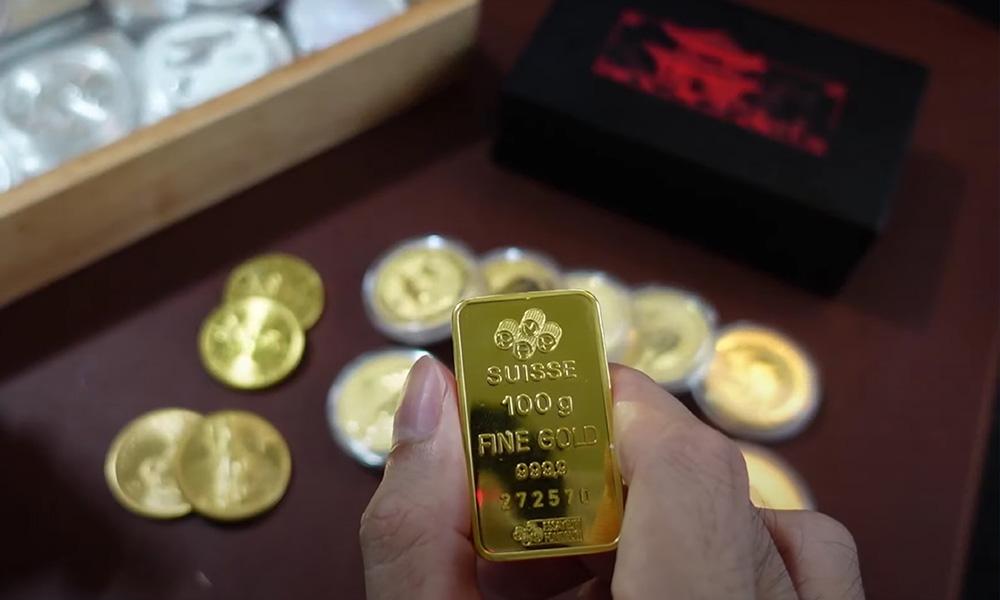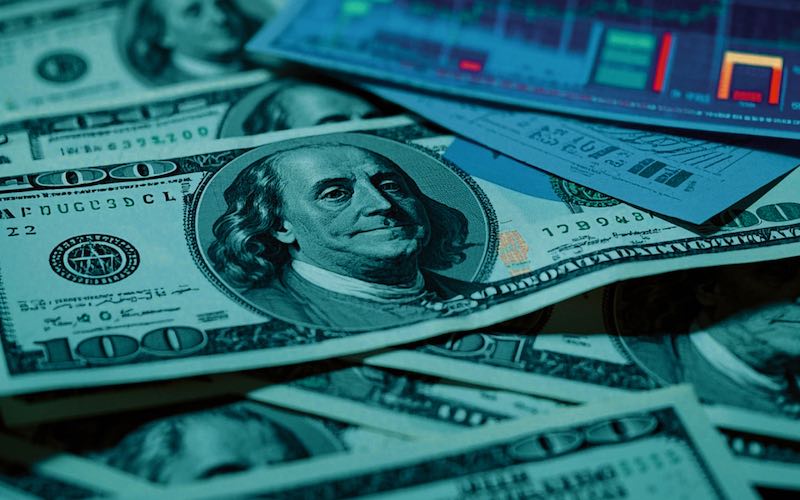Trump's 50% tariff on Brazil shocked the world! Economists denounced: Political manipulation of trade may lead to chain disasters
2025-07-11 14:59:19

Tariff decision at the center of the storm
Political retaliation or trade sanctions? Bolsonaro case becomes the fuse
In the three-page letter, Trump explicitly linked the tariffs to the judicial trial of former Brazilian President Jair Bolsonaro. This "hardcore ally" of Trump is facing coup charges, and the current government's handling of the case has obviously angered the White House. Even more surprising is that Trump claimed that "the United States has an unsustainable trade deficit with Brazil", but the data from the Office of the United States Trade Representative in 2024 clearly showed that the United States exported $49.7 billion worth of goods to Brazil and imported only $42.3 billion, with a surplus of up to $7.4 billion. This statement, which is completely contrary to the facts, was angrily denounced by former Boston Fed Chairman Eric Rosengren as an "absurd mathematical disaster."
Coffee Wars and Digital Hegemony: The Undercurrent Behind Tariffs
Baldwin, a professor at IMD Business School in Switzerland, pointed out that the 50% tax rate completely deviates from the logic of conventional tariffs. The underlying reason may be hidden in the second half of the letter - Trump specifically accused Brazil of "persecuting American technology companies" and named its Truth Social and Rumble platforms as being fined and blocked in Brazil. This reminds people of the old grudge in 2024 when a Brazilian judge forced Musk's X platform to close for more than a month. Brazilian President Lula responded strongly: "Any company must abide by Brazilian law." The struggle between the two sides in the field of digital sovereignty is heating up through tariffs.
The collective panic of the economics community
"Copy-and-paste sanctions" expose sloppy decision-making
Macquarie Group economist Weisman found a surprising detail: Trump's team may have directly applied the template for sanctions against deficit countries, but forgot to modify Brazil's surplus data. This "copy-and-paste diplomacy" exposes the extreme arbitrariness of policy making. More dangerously, this move has set a dangerous precedent of using tariffs to interfere with the judiciary of other countries - when trade weapons are tied to political retaliation, global business rules may fall into chaos.
Former official reveals: Trump's "tariffs are everything" theory
Ross, who was once the Secretary of Commerce, told Bloomberg TV that this is just an upgraded version of Trump's "tariff diplomacy." As early as his first term, he used tariffs to threaten Mexico to cooperate with border control and even forced the European Union to increase military spending. But the new government has obviously gone further: "Now tariffs have become a hammer to solve all problems, whether it is a legal dispute or digital hegemony." Ross admitted that although there may be legal challenges, the previous favorable court rulings have made Trump more unscrupulous.
BRICS countries alert: 10% tariff sword hanging high
The impact of the incident is spreading. Last Sunday, Trump suddenly posted on social media, threatening to impose a 10% tariff on all members who "support the BRICS' anti-US policies." Although the timetable is not clear, combined with the Brazilian case, the market is worried that this may be a prelude to a systemic trade war. Interestingly, the S&P 500 index has hit a new high against the trend amid the tariff shadow. Analysts believe that this reflects that the market has become resistant to Trump's "intimidation strategy."
Conclusion: The global trading system’s darkest hour
When the White House turns tariffs into political bargaining chips and trade data can be tampered with at will, the international economic order based on rules is facing the fatal erosion of Trumpism. The 15-year surplus of $410 billion with the United States released by Brazilian President Lula is like a slap in the face of the "America First" narrative. As economists have warned: today, a 50% tariff can be imposed for the trial of an ally, and tomorrow, the global supply chain may be subverted for any unfounded reason. This war that started with coffee and code may be rewriting the bottom line of commercial civilization in the 21st century.
Analysis of the impact on gold prices:
Trump's tariff policy, especially the broad pressure on Brazil and the BRICS alliance, has increased global trade tensions. Trade wars usually trigger risk aversion in the market, driving investors to safe assets such as gold, which may push up gold prices. In particular, as Brazil is an important commodity exporter, the prices of its coffee, iron ore and other commodities may fluctuate due to tariff increases, further exacerbating global supply chain uncertainties and indirectly benefiting gold prices.
In addition, high tariffs may lead to higher prices for US imported goods (such as Brazilian coffee), pushing up domestic inflation expectations. If the Fed tightens monetary policy as a result, the US dollar may strengthen, which will put some pressure on gold prices. However, if the market focuses more on inflation risks rather than the appreciation of the US dollar, the demand for gold as an anti-inflation asset may increase, supporting the rise in gold prices.
In addition, Trump's imposition of tariffs for non-economic reasons (such as interference in Brazil's judiciary) may trigger retaliatory measures from Brazil and other BRICS countries, exacerbating geopolitical tensions. Historical experience shows that geopolitical conflicts usually stimulate demand for safe-haven assets and drive gold prices up in the short term.
- Risk Warning and Disclaimer
- The market involves risk, and trading may not be suitable for all investors. This article is for reference only and does not constitute personal investment advice, nor does it take into account certain users’ specific investment objectives, financial situation, or other needs. Any investment decisions made based on this information are at your own risk.










